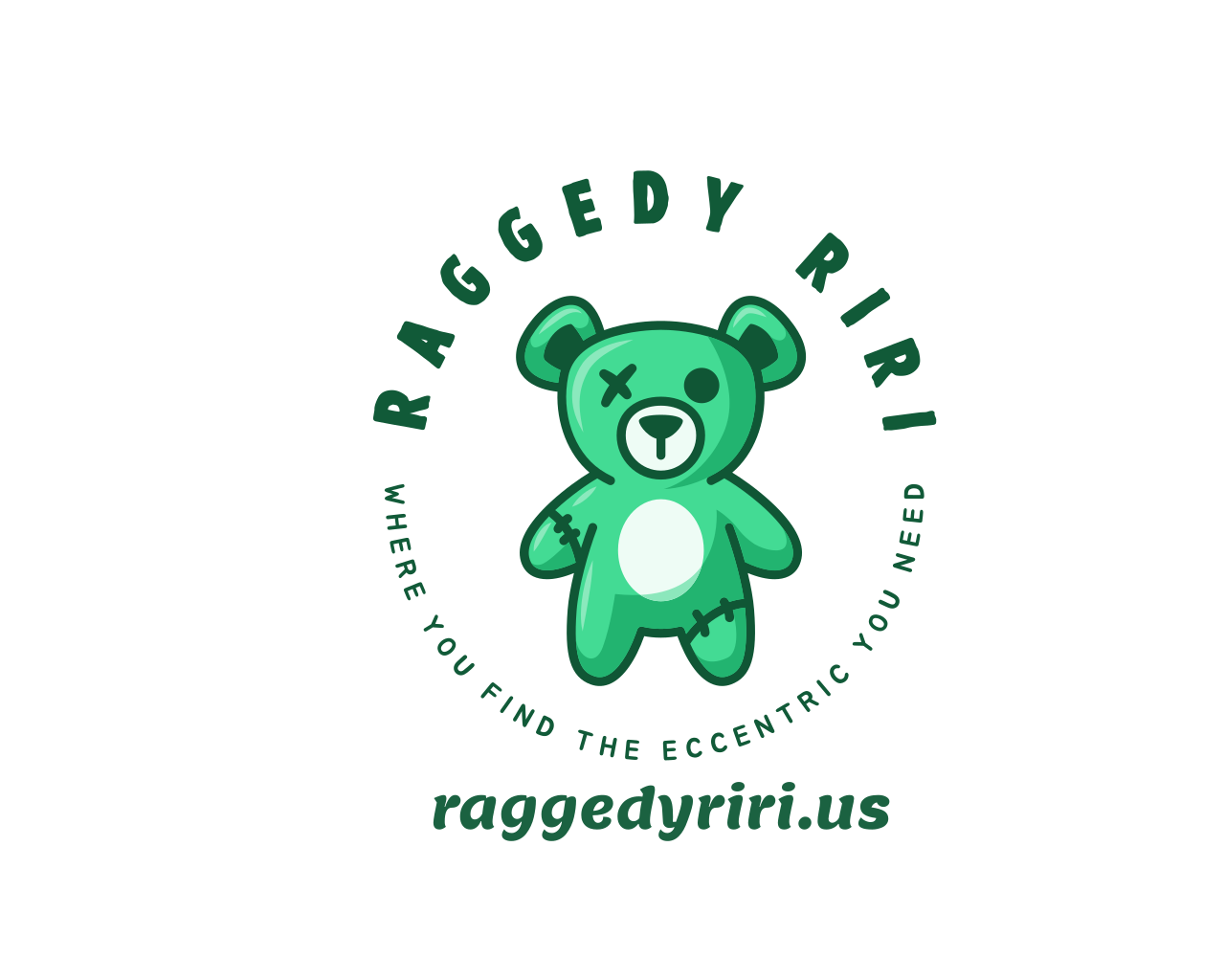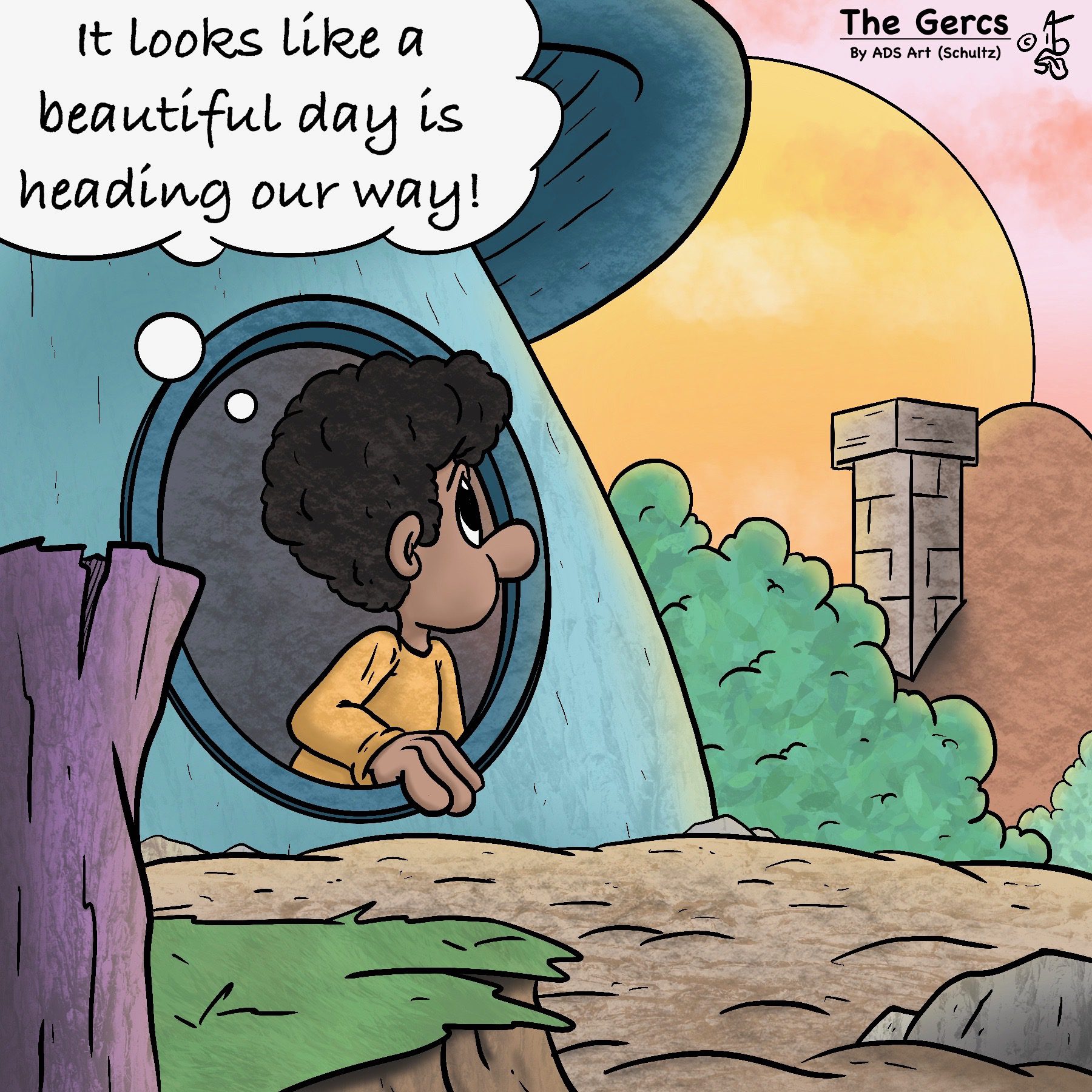By Rina Risper, President & Publisher of The New Citizens Press
As Trace packed the last of his items into the front seat of the moving van, he looked back at his recently sold condominium. He thought about the night he had said goodnight to his 8-year-old son. His son had cried for what seemed like an eternity, clutching the back of his father’s shirt and leaving a tear-stained mark on the front of his shirt that resembled a heart.
He checked his pockets for the pack of chocolate-covered peanuts he planned to snack on during the 20-hour drive back to Michigan. Looking back at the sunny blue sky, breathing in the saltwater air, and peering over the palm trees, he knew magnificent maples, pines, and oaks would soon replace them.
Returning home to care for his mother, who was battling early-onset dementia, was a life-altering decision for Trace. As a single father, he was already stretched thin and anxiety-ridden by the extra demands of parenting a child in another state; he found himself navigating the uncharted waters of long-distance caregiving. He did not hesitate when he realized she was deteriorating.
Trace arrived tired but thought about when he had to return the moving van, and while unpacking, his mother stood before him in her bathrobe, one sock on, and a plastic bag with haircare items. She asked him who he was and if he was there to do her hair. He smiled and said of course.
As he parted her hair into four sections while balancing a bottle of moisturizing lotion on the couch, he tenderly watched each brush stroke through her hair. It reminded him of life’s fragility, the strength of love, and the balance it takes to complete specific tasks. Trace’s journey was not just about learning the technicalities of caregiving but also about rediscovering the depths of his bond with his mother. It was a story of sacrifice, resilience, and the silent, enduring love that binds a family together, even in the face of dementia’s relentless grip.
To be continued… Although this story is fictional, thousands of families can relate to its narrative.
Alzheimer’s disease, a type of dementia, is a progressive neurological disorder that gradually impairs memory and cognitive functions. While it predominantly affects the individual diagnosed, its ripple effects profoundly impact families, altering their dynamics, relationships, and emotional well-being. The recent announcement by the Alzheimer’s Foundation of America regarding Wendy Williams’ diagnosis of frontotemporal dementia (FTD) and primary progressive aphasia brings to light not only her brave public battle but also underscores the broader implications for families grappling with similar diagnoses.
Wendy Williams, a prominent figure known for her dynamic presence in media and entertainment, has shared her diagnosis, highlighting the vulnerability and challenges faced by those in the public eye. Her openness serves as a beacon for countless families, encouraging a dialogue on the often hidden struggles behind closed doors. Alzheimer’s and related dementias, such as FTD, insidiously erode the essence of the person affected, leading to significant emotional and psychological strain on families.
The initial shock of a diagnosis can be overwhelming for families, marking the beginning of a journey filled with uncertainty. The gradual loss of a loved one’s memory and personality can be particularly devastating. Family members often mourn the person they once knew, even while they are still alive—a phenomenon known as “ambiguous loss,” leading to prolonged grief and emotional distress.
The responsibilities of caregiving typically fall on close family members, transforming relationships and imposing new roles within the family structure. Children may become caretakers for their parents, and spouses might find themselves in the role of full-time caregivers. This shift can strain emotional bonds and financial resources, as families navigate the complexities of care management, medical appointments, and the eventual need for specialized care.
Furthermore, Alzheimer’s disease and FTD challenge the fabric of family communication. As individuals like Wendy Williams experience primary progressive aphasia, they struggle with language and expression, making it difficult for families to connect and communicate effectively. The frustration of not being able to engage in meaningful conversations can lead to isolation and loneliness for both the individual and their family members.
The societal stigma associated with dementia further complicates the family’s experience. Public misunderstanding and misconceptions about the disease can lead to social isolation and decreased support from the wider community. However, public figures like Wendy Williams, who openly share their experiences, play a crucial role in reducing stigma and fostering a more informed and compassionate society.
The emotional toll on families is immense, with caregivers often experiencing high levels of stress, depression, and anxiety. The journey through the stages of Alzheimer’s requires a network of support, including professional counseling, support groups, and respite care services, to help families cope with the emotional and physical demands of caregiving.
In conclusion, Alzheimer’s disease and related dementias such as FTD profoundly affect not just the individuals diagnosed but their entire families. The journey is fraught with challenges, requiring emotional resilience, adaptability, and an extensive support network. Public figures like Wendy Williams, who bravely share their stories, are instrumental in raising awareness, reducing stigma, and highlighting the need for compassion and understanding for all those touched by this debilitating condition. Their courage opens a pathway for conversations about the disease, encouraging families and communities to seek help in facing the trials of dementia together.
The Alzheimer’s Foundation of America (AFA) is a non-profit organization whose mission is to provide support, services, and education to individuals, families, and caregivers affected by Alzheimer’s disease and related dementias nationwide and to fund research for better treatment and a cure. Its services include a National Toll-Free Helpline (866-232-8484) staffed entirely by licensed social workers, caregiver support groups, educational programs and publications for caregivers, dementia-care training for healthcare professionals, the National Memory Screening Program, and more. For more information about AFA, call 866-232-8484, visit www.alzfdn.org, or connect with us on Facebook, X (Twitter), Instagram, or LinkedIn.
Cordially,
Rina Risper
At its core, “raggedy” signifies something that has lived, endured, and survived. It represents the raw, unfiltered essence of life and its many experiences. In an age where perfection is often sought after, “raggedy” stands as a testament to authenticity. Log on to www.raggedyriri.us to read more in our blog section. We are building as we go. #raggedyriri #tncpnews #tncpcan #lovepeople




